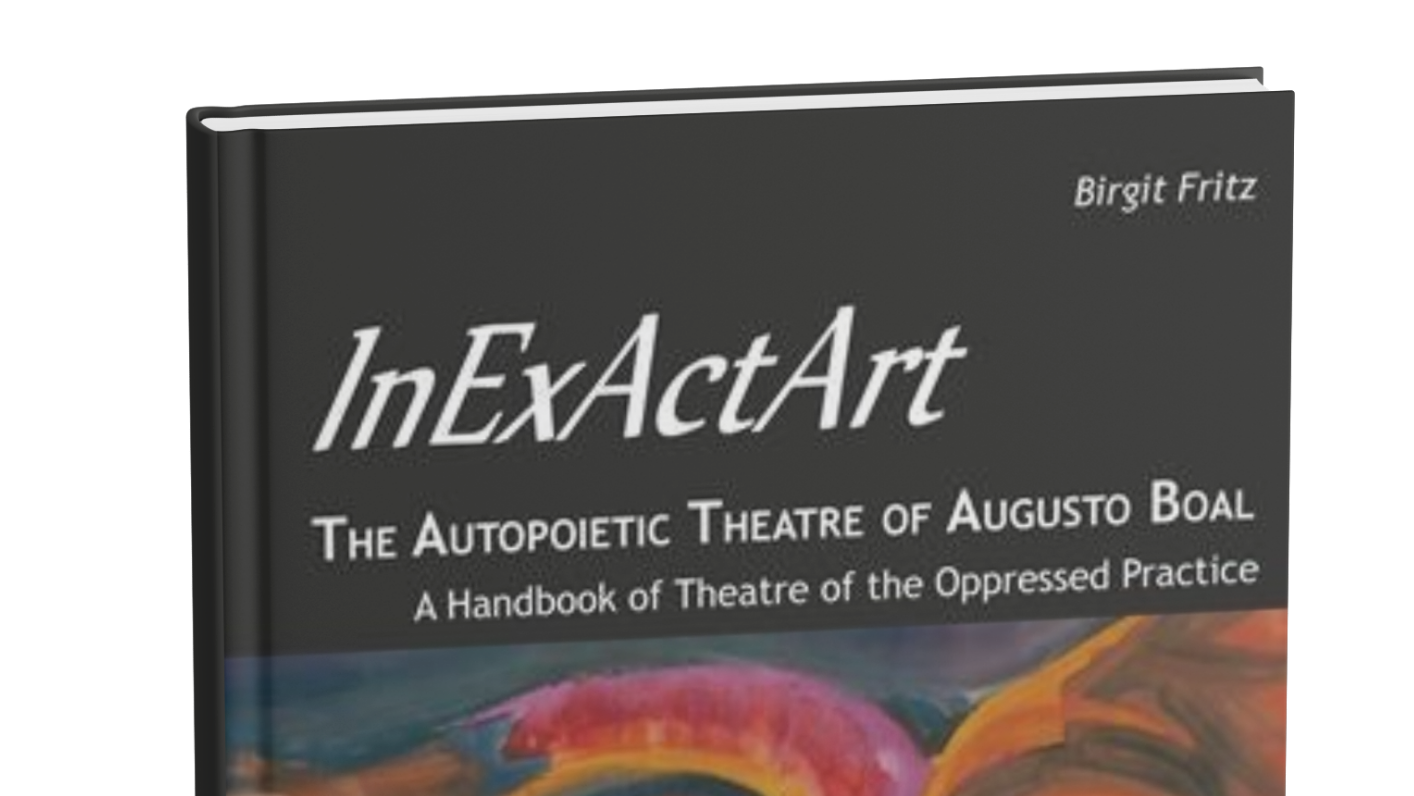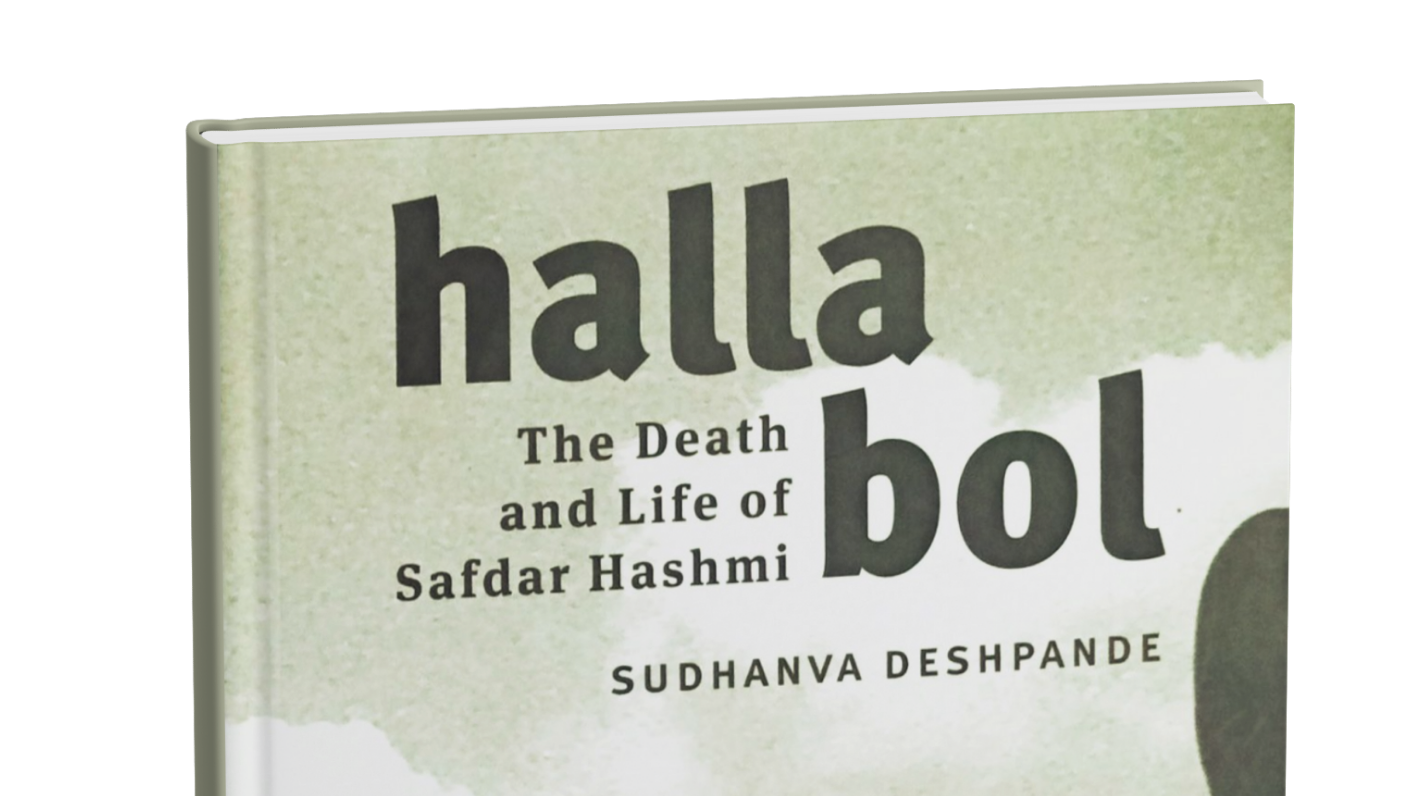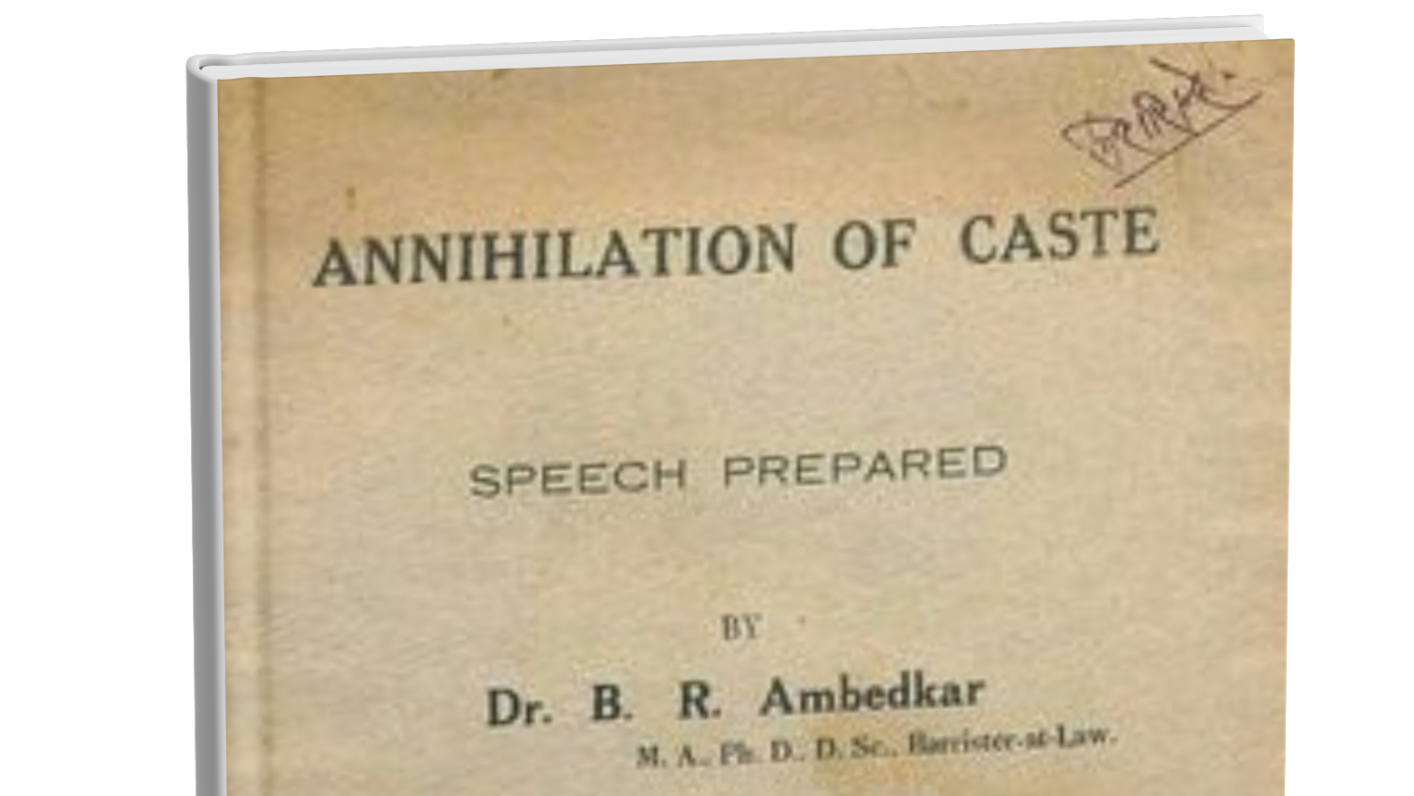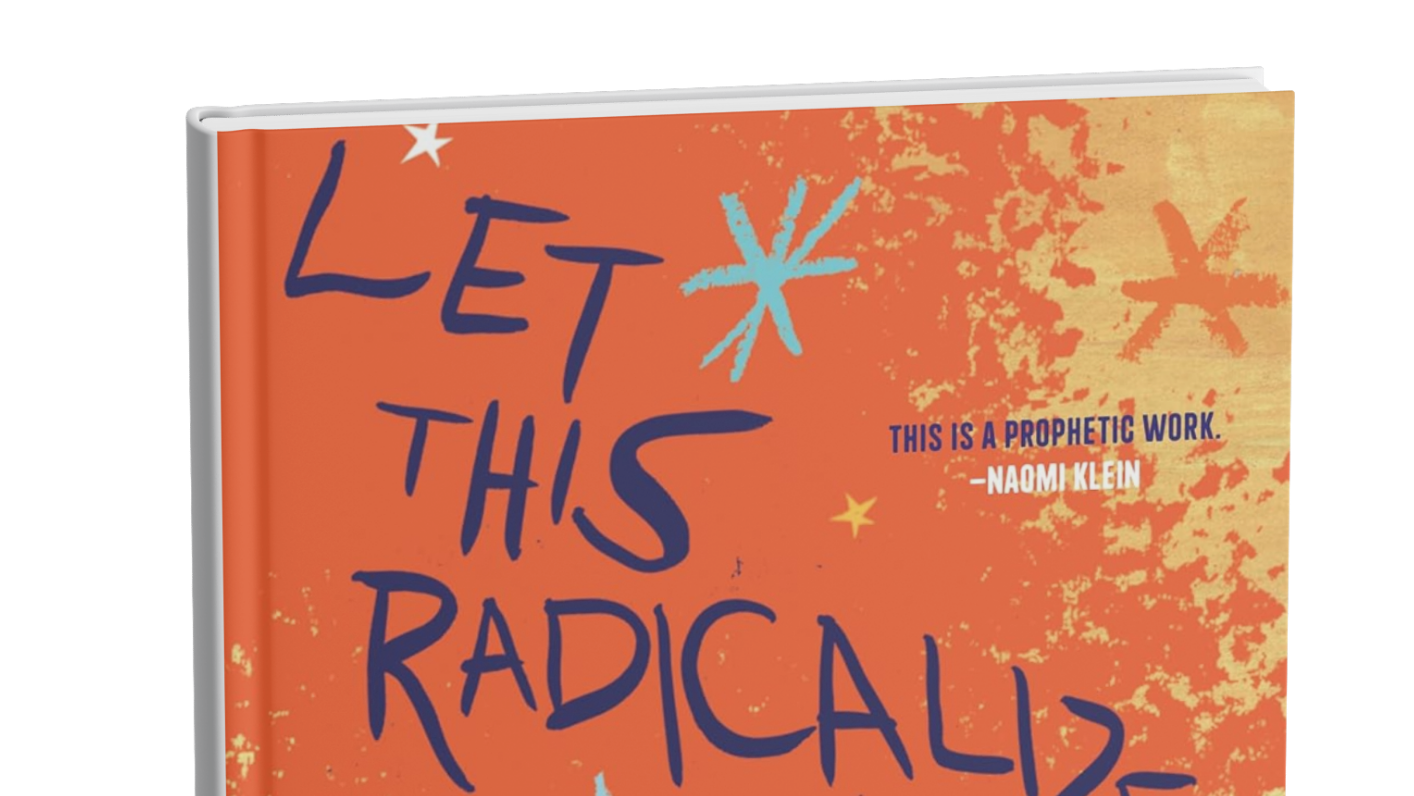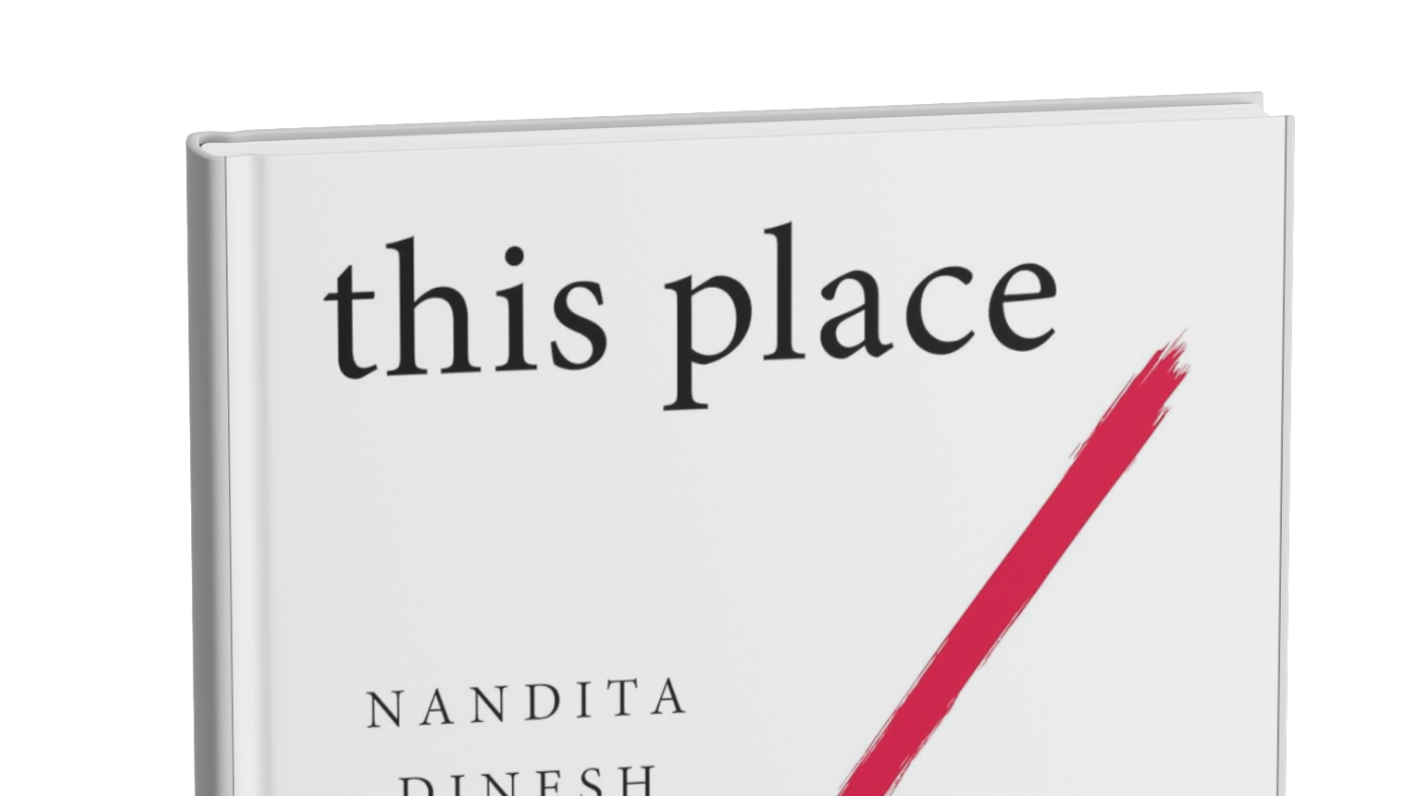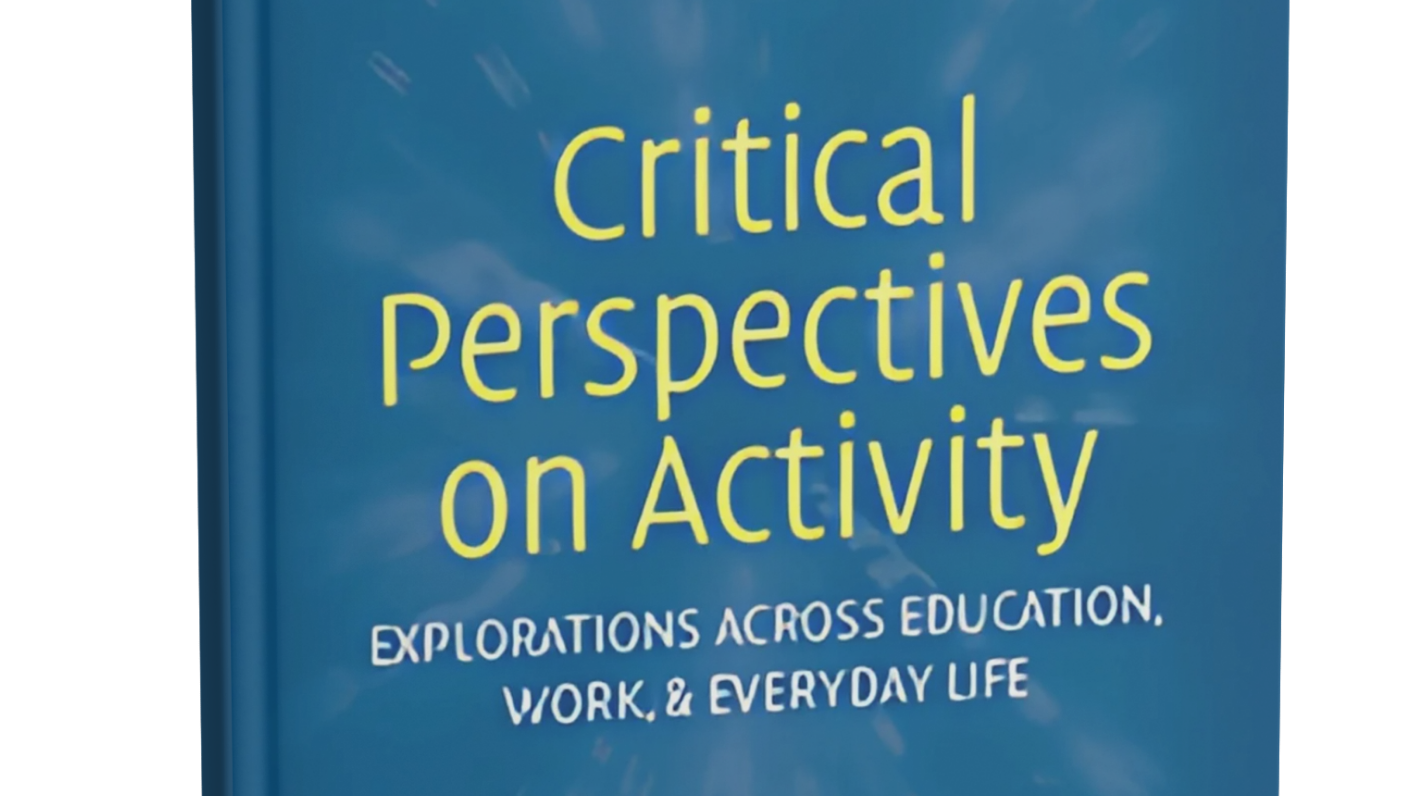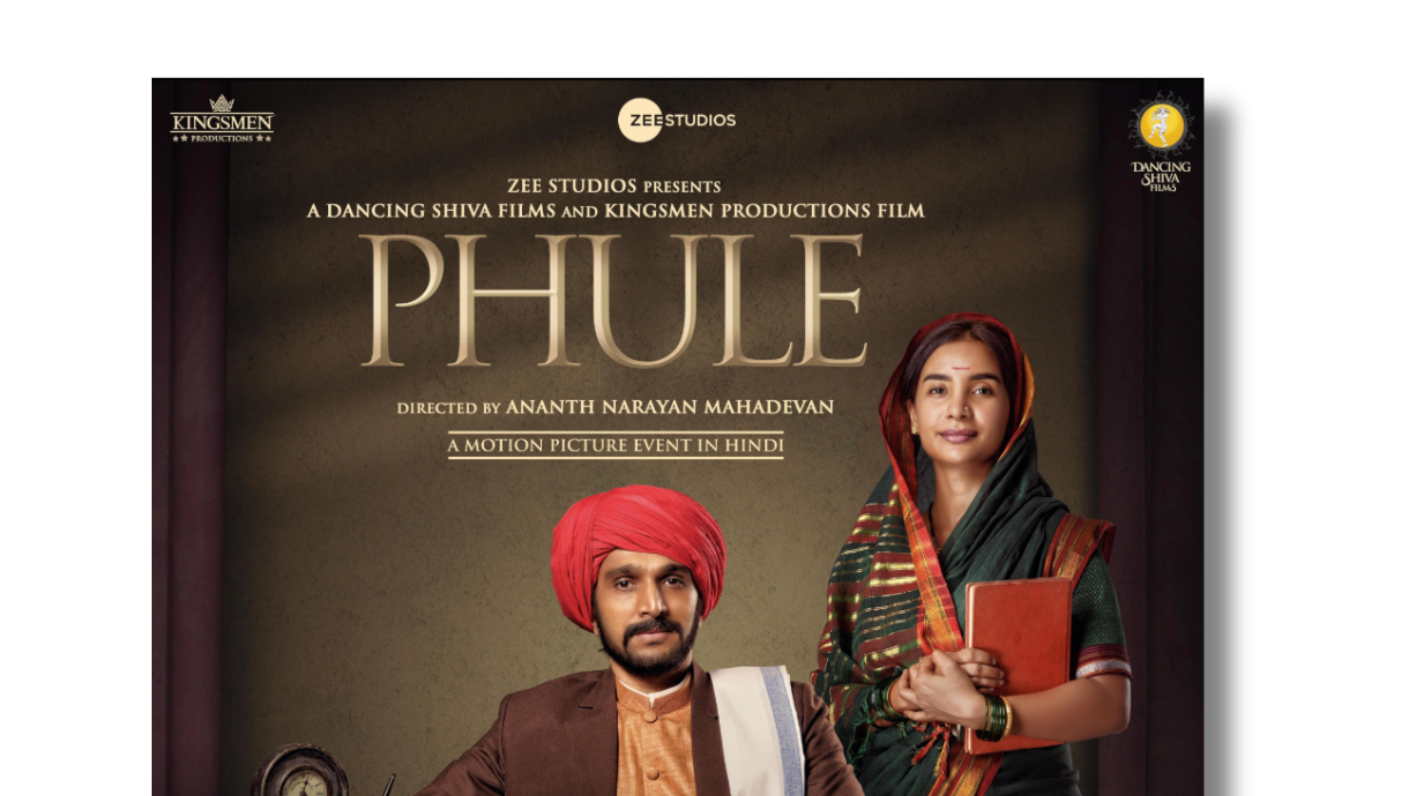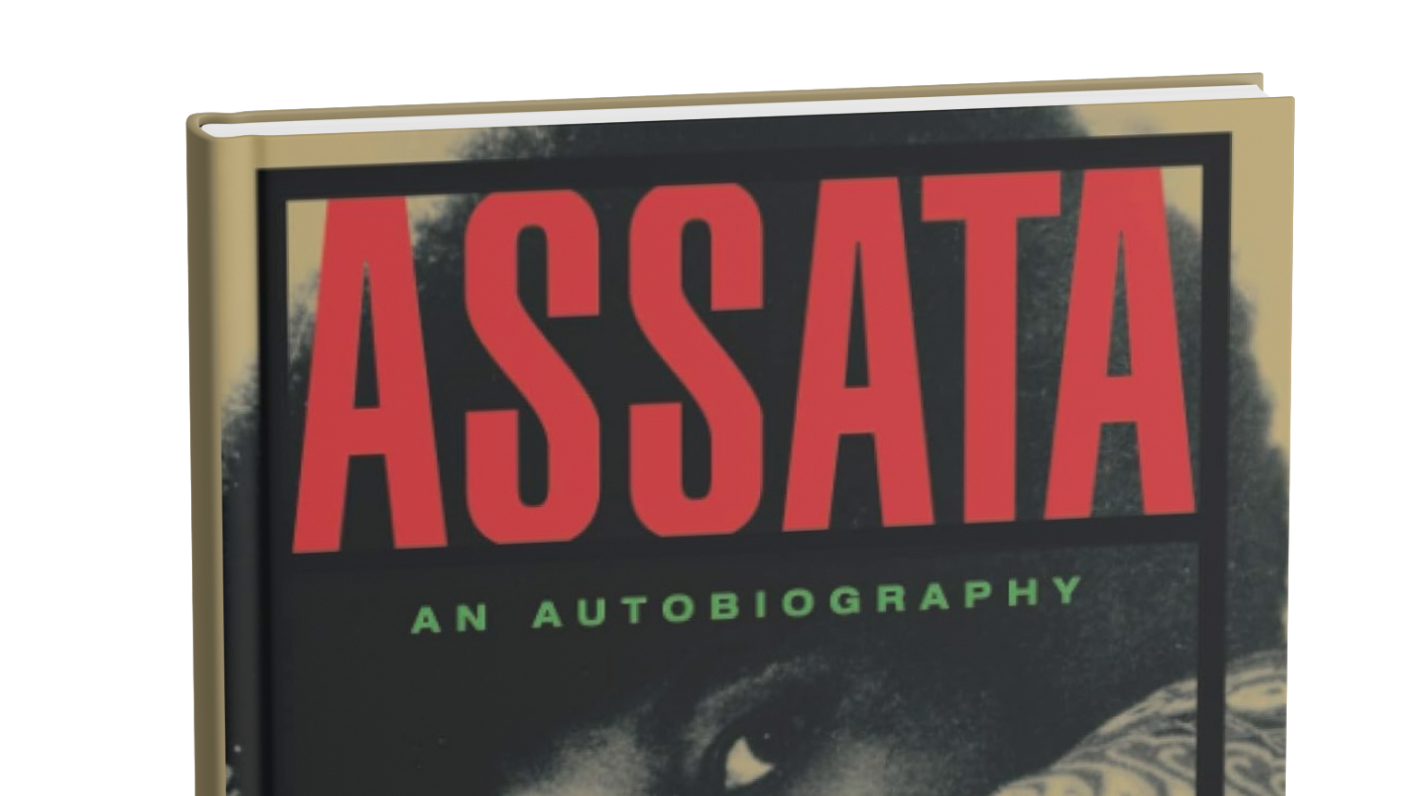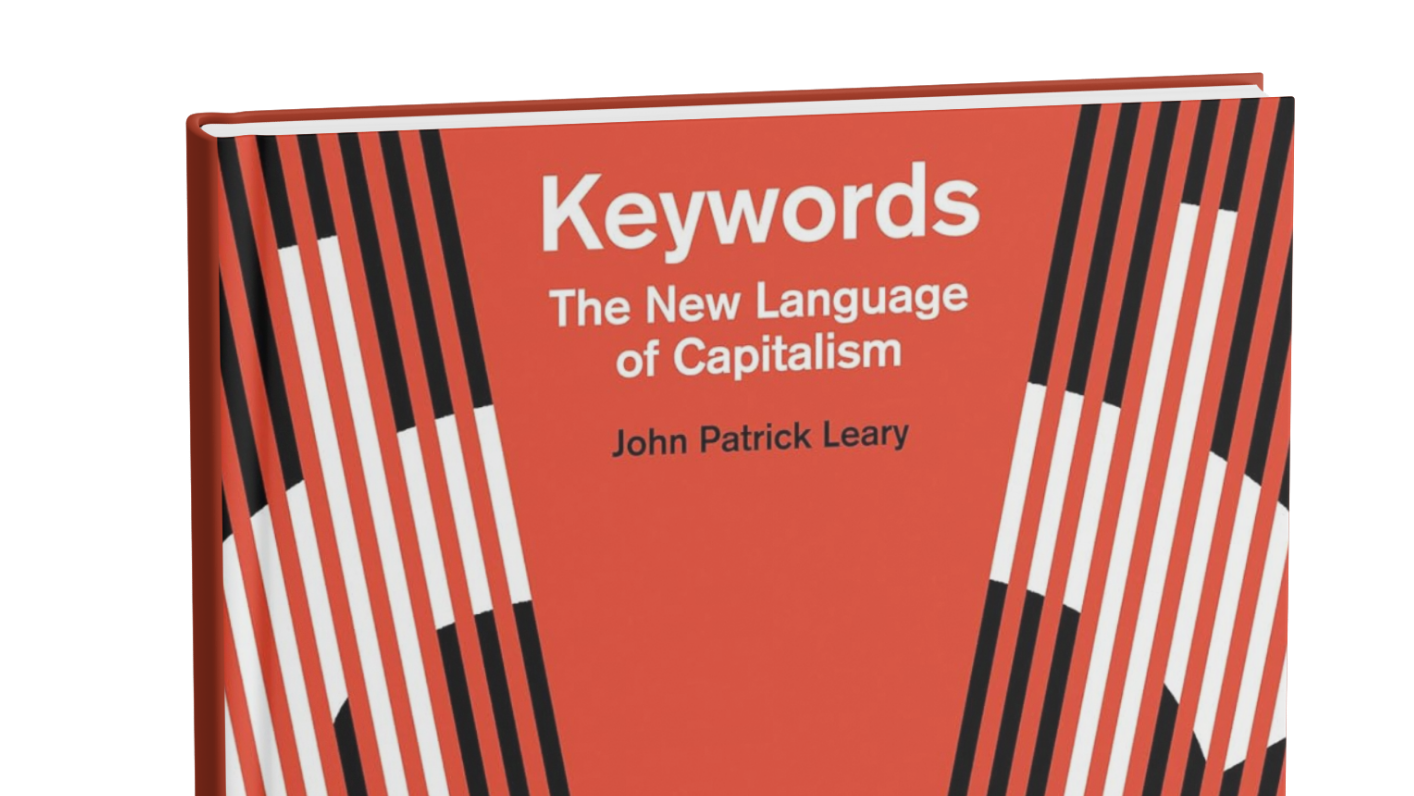In three sentences
1. Pause and question the purpose and history of modern schooling
2. Schools create people who are dependent and alienated from their contexts, local ways of living and knowing.
3. Schools foster failure and perpetuate competitive individualism—within schools, between so-called "good" and "bad" schools, and between the schooled and unschooled.
Impressions
A provocative film that questions our efforts to create more or better schools as the path to an equitable society.
How the text changed me
I’d like to be more careful about thinking about solutions on top of institutions that are deeply entrenched within systems of power. We can try to be more imaginative and attentive to people’s voices.
Top three quotes
You have an institution that is in place globally that is branding millions and millions and millions of innocent people as failures. Very brilliant, wonderful, talented kinds of people are always introducing themselves in India to me as ‘I’m an 8th class or I’m a 10th class fail.’
Today, Western schooling is responsible for introducing a human monoculture across the entire world (more poignant because monoculture is praised for its economic efficiency).
The ones who go away to school just stand around with their hands in their pockets. They don't know how to take the animals up to graze, they don't know how to care for the crops. They don’t know how to do anything.
Fascinating details
The film makes a provocative argument.
It’s this– the western world believes in industrialisation and uses schools as a way to achieve this goal efficiently. In the rest of the world, there are multiple ways of living that do not prioritise economic efficiency above all else.
The western perspective might view a mountain as a pile of rock waiting to be mined. An indigenous person from South America, might instead view the same mountain as a spiritual deity to coexist with.
The west has imposed its approach to change how the rest of the world thinks and acts.
The film traces this history from the occupation of North America by white settlers, where authorities implemented boarding schools that operated on the motto, “Let all that is Indian die within you.” It continues to highlight how current programs such as the World Bank, governmental and NGO's “schools for all” focus often serve the interests of factory owners and centralized economies, prioritizing economic growth over other modes of living and growing.
The fundamental question the film raises is: “Who really benefits when every child on the planet is educated in the same way?”
Language and Discipline
The documentary explores how language becomes a tool of control in schools. In Ladakh’s most prestigious school, for instance, children who speak Ladkahi or Hindi are fined or punished, all in an effort to inculcate English proficiency. The consequence of this imposed discipline is that English becomes associated with success and authority, while native languages and knowledge systems are rendered inferior.
Changing Ways of Life
By presenting Western, urban consumer culture as the only way to be “civilized,” schools often cause children to view their own customs, languages, and ways of life as backward and shameful. Villagers are shown internalizing the idea that they “don’t know anything” because they lack formal education, despite their extensive traditional knowledge about agriculture, crafts, and community management.
The film also highlights the disillusionment faced by schooled youth who, despite having formal schooling, struggle to find meaningful employment. This frustration contributes to a pervasive feeling of failure and inadequacy.
One of the film’s strongest points is its critique of how Western schooling promotes a “human monoculture.” Before Western schooling, education in Ladakh was often centered on spiritual teachings and community well-being. Now, however, education has been reframed as a tool for achieving material success—making money, owning property, and climbing the social ladder.
The film calls for a critical reassessment of how education is structured and whom it is intended to serve.
My criticism of the film is that it frames the West as the sole cause of harm, overlooking pre-existing oppressive structures like the caste system and patriarchy that existed before or alongside Western interventions. The comparison between British colonization of North America and the colonization of India is oversimplified; the film attempts to apply the same framework to vastly different historical and social contexts. While colonial and missionary schooling certainly aimed to reshape cultures, it also, at times, provided marginalized groups—those excluded from education in South Asia and societal participation—with opportunities to learn and challenge dominant hierarchies.
Moreover, one expert's statement, “if I get in a car accident and my arm is cut off, I don’t want to be taken to an African herbalist, I want to be taken to an emergency room,” reveals the limits of cultural relativism. When one's life is at stake, people often resort to their preferred ways of life, even if those preferences have been shaped by the very systems the film critiques.
Most of the featured guests in the film, whose names and titles are provided, hold doctoral degrees, except for Dolma Tsering, about whom no information is readily available online. Does holding a formal academic degree matter in this context? It does when legitimacy is granted to individuals and they are positioned as experts within the film. This highlights a paradox of the modern world: those seeking to challenge oppressive systems often have to gain recognition through training in the very “master’s tools.” As Audre Lorde famously stated, “The master’s tools will never dismantle the master’s house.” Yet, perhaps learning to wield the master’s tools effectively could help at least scratch its foundations.
Reference:
Schooling the World. Directed by Carol Black, 2010.
I have adapted the questions I used to think about the text from Ali Abdaal.
